Each year at our annual Colloquium, Cochrane presents a number of awards and prizes to contributors to recognize contributions to our work and organization made in various ways. This year the awards were presented at the Welcoming Reception of Colloquium Edinburgh.
Thomas C Chalmers Award is awarded to the principal author of the best oral and the best poster presentation addressing methodological issues related to systematic reviews.
2018 Winners: The Best Long Oral Presentation was awarded to Adriani Nikolakopoulou from the University of Bern; Switzerland for 'The emerging evidence synthesis tools: actively living network meta-analysis'. The Best Short Oral Presentation: Leonie Van Grootel from the Tilburg University, Netherlands for 'Using Bayesian information for matching qualitative and quantitative sources in a mixed studies review'.
The Chris Silagy Prize is awarded to an individual who has made an "extraordinary" contribution to the work of Cochrane which would not be recognized outside the scope of this prize.
2018 Winner: Karin Dearness
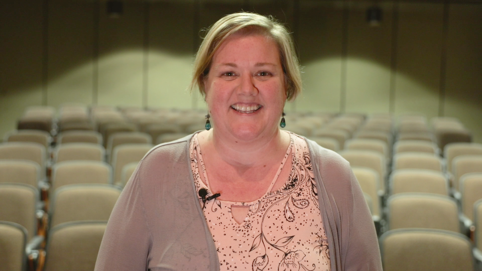
The Rosamund Snow Prize enabled two people aged under 30, with experience as health service users and an interest in evidence-based medical research, to attend the Colloquium. Rosamund Snow (1971-2017) will be remembered by many for her work to champion patients’ involvement in healthcare. Rosamund’s mother, Mary Snow, has established this prize in Rosamund’s name.
2018 Winners: Emma Cartwright and Jess Rees
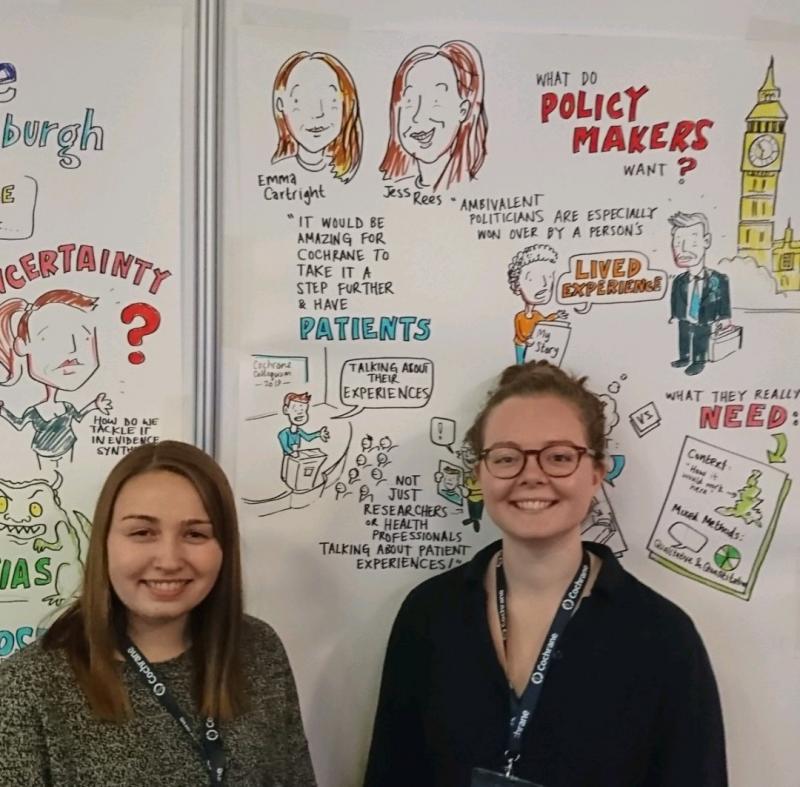
The Kenneth Warren Prize is awarded at each Cochrane Colloquium to the principal author of whichever Cochrane Review authored by a national living in a developing country is judged to be both of high methodological quality and relevant to health problems in developing countries.
2018 Winner: Nai Ming Lai
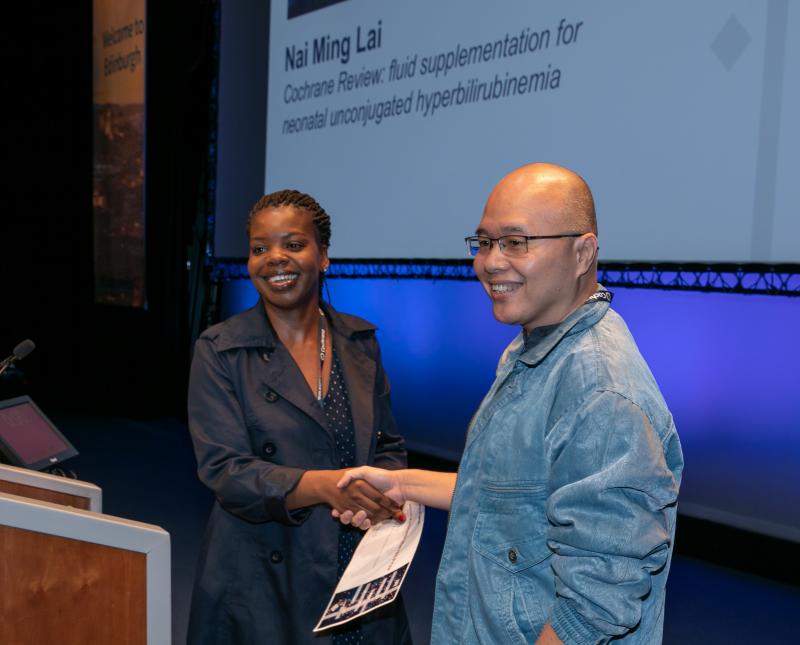
Read: 'Kenneth Warren Prize 2018 goes to a Malaysian'
The Bill Silverman Prize is awarded at each Cochrane Colloquium to acknowledge explicitly the value of criticism of Cochrane, with a view to helping to improve its work, and thus achieve its aim of helping people make well-informed decisions about health care by providing the best possible evidence on the effects of healthcare interventions.
2018 Winner: Matthew Page
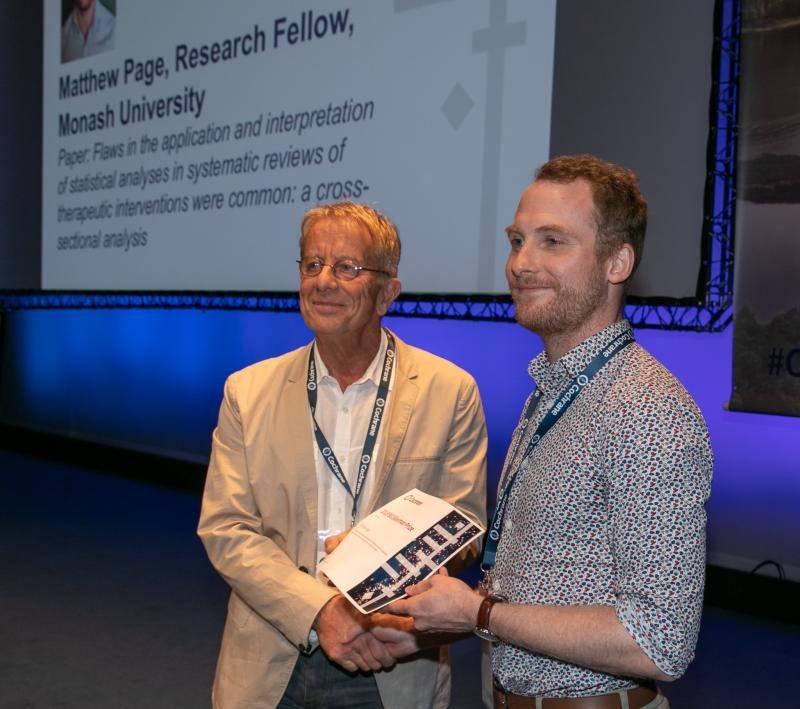
The Anne Anderson Award is awarded at each Cochrane Colloquium to a female member of Cochrane who has made a significant contribution to the enhancement and visibility of women's participation within Cochrane.
2018 Winner: Kay Dickersin
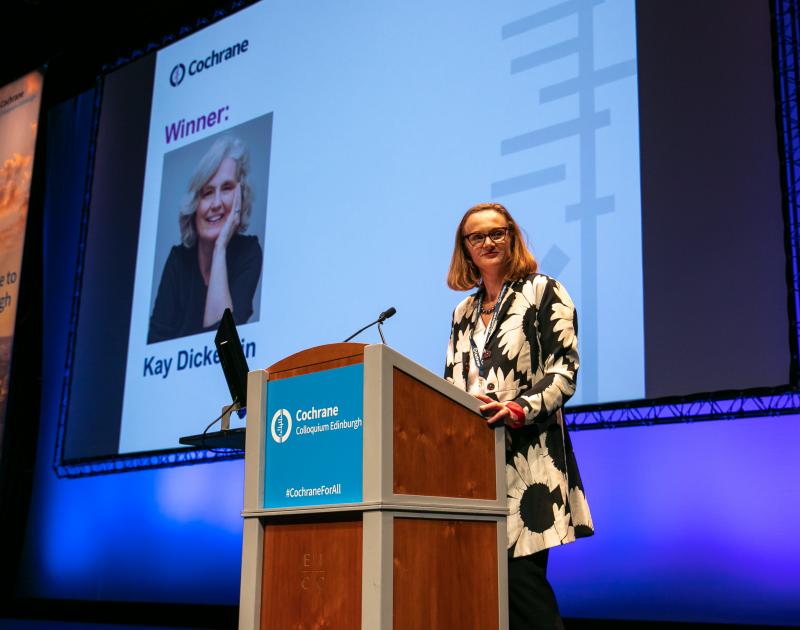
A warm to congratulations to all our 2018 winners!

















